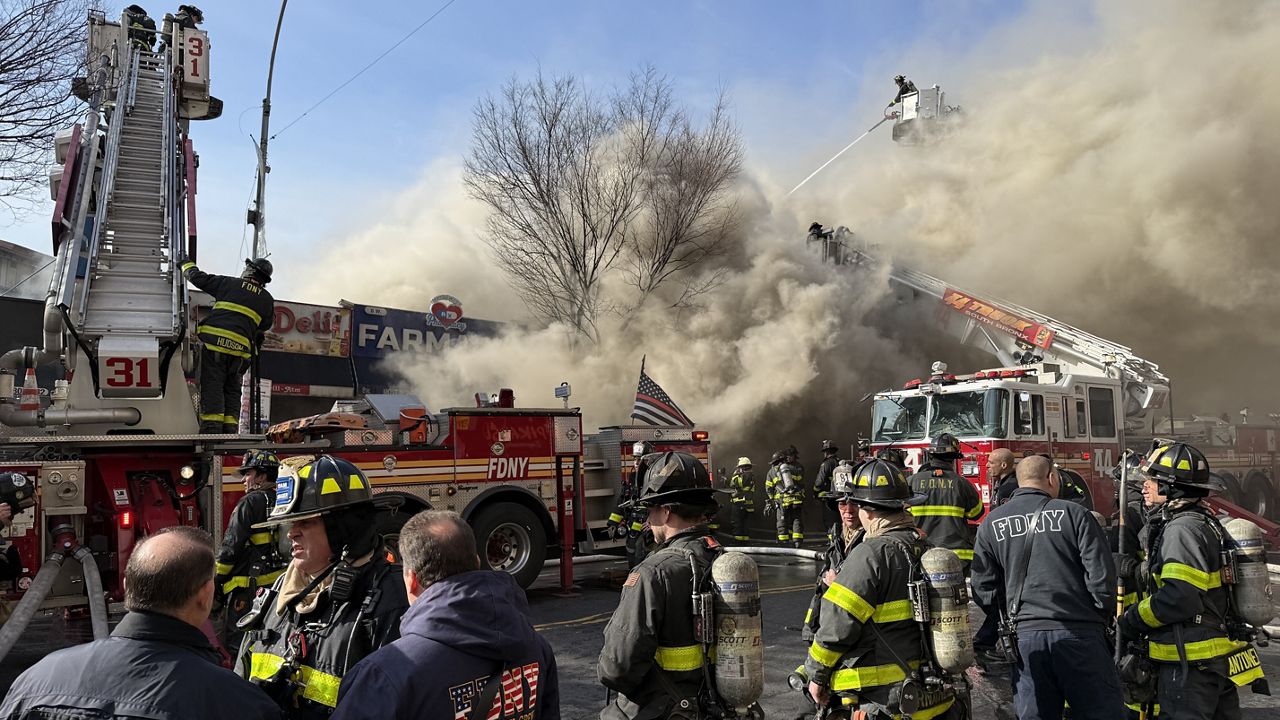Whether walking, driving or just standing around, the arctic temperatures can be downright dangerous. But too frequently, people's own behavior can make them worse.
"Often times when people are intoxicated, alcohol intoxication, they'll pass out, and if they're waiting for an Uber or a taxi and it's going too long and they pass out and they're not dressed appropriately, we do see cold injuries from that. That is probably the more frequent injury that we see," says Dr. Matthew Foley, an emergency medicine physician with NYU Langone Medical Center.
Foley says sitting on a cold bench or leaning on a light pole while waiting for your car service can get you into even more trouble.
"Either they just pass out or lean up against a post, and that's even more dangerous," Foley says. They'll lean up against metal poles or hold metal poles with their bare hands and kind of pass out while leaning up against the metal pole, and those extremeites that are touching the metal pole get cold fast, and we get cold injuries."
If treating frostbite, Foley says do not put your hands, or your child's hands, under warm water. Since your hands are numb, it's hard to judge the temperature of the water, and you're at risk of burns if it's too hot.
The doctor also says don't come home and put your hands on the radiator to warm up. Again, you're risking damaging your skin.
"Passive warming is best," Foley says. "Passive warming is blankets, extra gloves, something like that, rather than active rewarming with water or a heating pad."
The doctor says be careful about head injuries if you fall.
"One of the biggest concerns for people with slipping and falling and hitting their heads is people on medications, blood thinners, people that are on blood thinners and slip and hit their head, they can often feel fine, but they're more likely to bleed within the brain and not notice it. So that we're definitely more conservative about falling and loss of consciousness," Foley says. "Vomiting after falling is a warning sign for us. If anyone says there's a change in mental status from that person, please bring them in. We'd like to see them."
Foley's final piece of advice is, if you're "not" warming up the way you normally would or if you're really nervous about what's going on with your body, go to the nearest emergency room.
Common sense is the best way to avoid cold weather injuries. That includes dressing properly, hat and gloves too.









